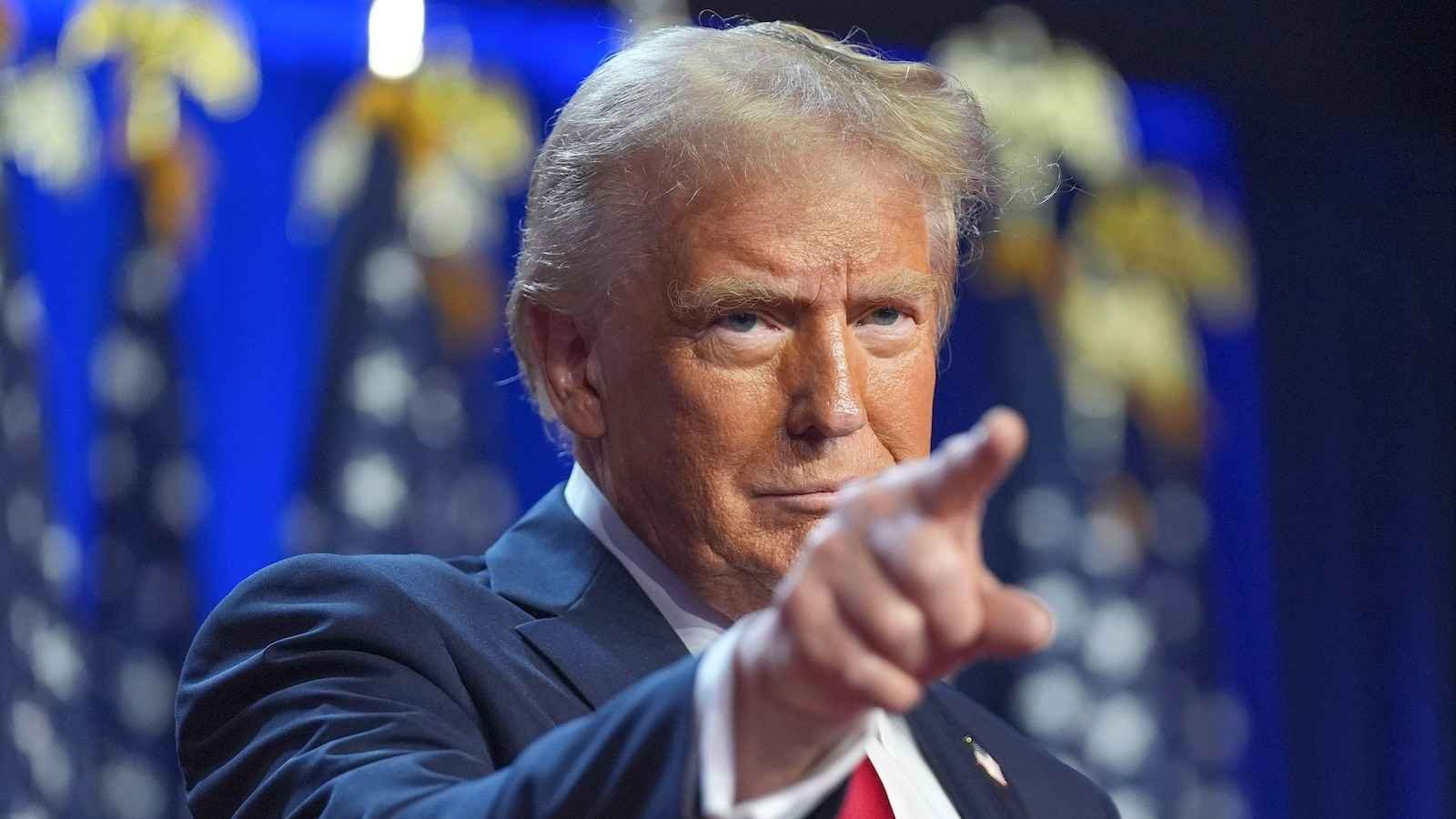Tehran (TDI): Iran warned the United States of severe consequences on Monday following a wave of airstrikes that targeted key nuclear facilities over the weekend, an assault that President Donald Trump hinted could pave the way for regime change in Tehran.
The spokesperson for Iran’s Khatam al-Anbiya military headquarters, Ebrahim Zolfaqari, issued a stern message in a televised statement. “Mr. Trump, the gambler, you may begin this war, but we will be the ones to end it,” he said.
The US-led strikes, which destroyed portions of Iran’s Fordow, Natanz, and Isfahan nuclear sites, marked a dramatic expansion of the conflict, drawing strong condemnation from Tehran and igniting fears of a broader regional war.
In a series of posts on his Truth Social platform, Trump boasted about the operation’s success. “Monumental damage was done to all nuclear sites in Iran,” he wrote. “The biggest damage took place far below ground level.”
Read More: Supreme Leader Surrounded: If Khamenei Falls, What Comes Next?
He went a step further in another post, saying, “It’s not politically correct to use the term ‘regime change,’ but if the current Iranian regime is unable to make Iran great again, why wouldn’t there be a regime change?”
The comment raised eyebrows internationally and appeared to conflict with statements from senior members of his own administration. US Vice President JD Vance and Defense Secretary Pete Hegseth both reiterated that Washington was not seeking to topple Iran’s government.
US military officials confirmed that stealth B-2 bombers dropped more than 70 precision-guided munitions, including bunker-busters, during what was codenamed Operation Midnight. Cruise missiles were also fired, targeting heavily fortified underground facilities.
General Dan Caine, chair of the Joint Chiefs of Staff, said the strikes were carefully coordinated to neutralize Iran’s most sensitive nuclear infrastructure.
Read More: US Urges China to Stop Iran from Blocking Strait of Hormuz
In response, Iran launched a wave of missiles targeting Israeli cities, with Tel Aviv suffering civilian casualties and property damage. Tehran called it a legitimate act of self-defense.
Iran also claimed that most of its enriched uranium had been relocated prior to the strikes, a claim that remains unverified.
The International Atomic Energy Agency (IAEA) reported no immediate spike in radiation levels but noted that a full assessment was still ongoing. Director General Rafael Grossi said any underground impact, particularly at Fordow, would take time to evaluate.
Farkhund Yousafzai is an Associate Editor at The Diplomatic Insight.



